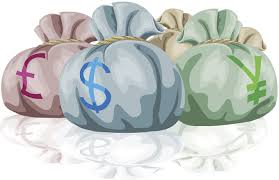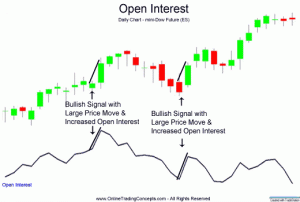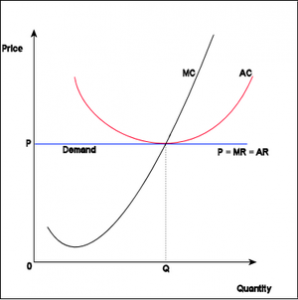Financially, Arbitrage means taking the advantage of difference in prices of two or more markets.
Arbitrage basically means no negative cash flows only positive inflows that increase profit. A situation where you buy for low and sell for high. Seen in cases like shares, bonds etc.
It has two perspectives in academic use it can be considered as risk free but in statistical arbitrage it explains expected profit though losses may occur.
People engaged in arbitrage are known as ARBITRAGEURS, it can be a firm or broker trading in financial instruments such as shares, bonds,currencies etc.
ARBITRAGE IS BASED ON SOME CONDITIONS-
1) An asset is not traded at same price on all markets.
2) Two assets with same cash flows do not trade at same price.
3) An asset whose future price is known is not traded at that price.
It doesn’t simply mean buying products at low and selling them at high at some latter time. This should be done simultaneously to avoid market exposure as prices can change before we can complete the transactions.
*Simple example may be – Suppose that an exchange rate in new york is $5 = ¥1000 and the exchange rate in Tokyo is ¥1000 = $6. Converting ¥2000 to $12 in Tokyo and converting that $12 into ¥2400 in new york , for a profit of ¥400, would be arbitrage. In reality, this arbitrage is so simple that it almost never occurs.
TYPES:-
1) Spatial Arbitrage – It is the simplest form of arbitrage. In case of spatial arbitrage, arbitrageurs(arbs) looks for pricing discrepancies across geographically separate markets.
For example, there may be a bond dealer in india offering a bond at 100-12/23 and a dealer in Washington is bidding 100-15/23 for the same bond. For whatever reason, the two dealers have not spotted the aberration in the prices, but the arbs does. The arbitrageur immediately buys the bond from the indian dealer and sells it to the Washington dealer.
2) Merger Arbitrage –
In other words it is called risk arbitrage, it generally consists of buying/holding the stock of a company.
Usually the market price of the target company is less than the price offered by the acquiring company.
The bet in a merger arbitrage is that such a spread will eventually be zero, if and when the takeover is completed. The risk is that the deal “breaks” and the spread massively widens.
3) Municipal bond Arbitrage
4) Convertible bond arbitrage
Click here for government certification in Accounting, Banking & Finance





25 Comments. Leave new
good choice of topic and well explained!
Very informative and well explained
Great effort.
Thanks
Very well written and explaimed
Very nice!
very nice article!
provided information is an helping hand
Thank you
Informative
Good article!
Good work!
Thank you. .
Well informative.
Arbitrage is a complex concept. But well explained!
Informative 😀
well explained!
My pleasure, you like the article
Informative.. And well explained!!
good efforts..
presented very simply, quite informative for beginners….
Thank you
good one 🙂
Good work
I believe that transport also plays an important role in realizing physical and intellectual arbitrage.